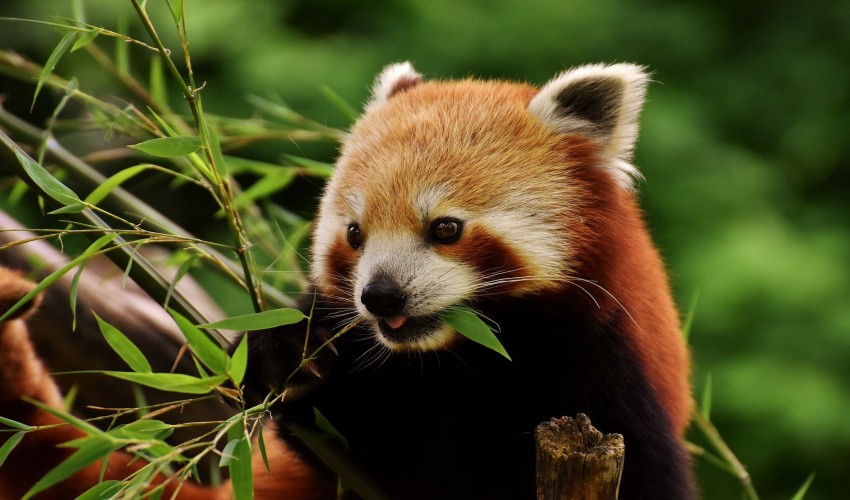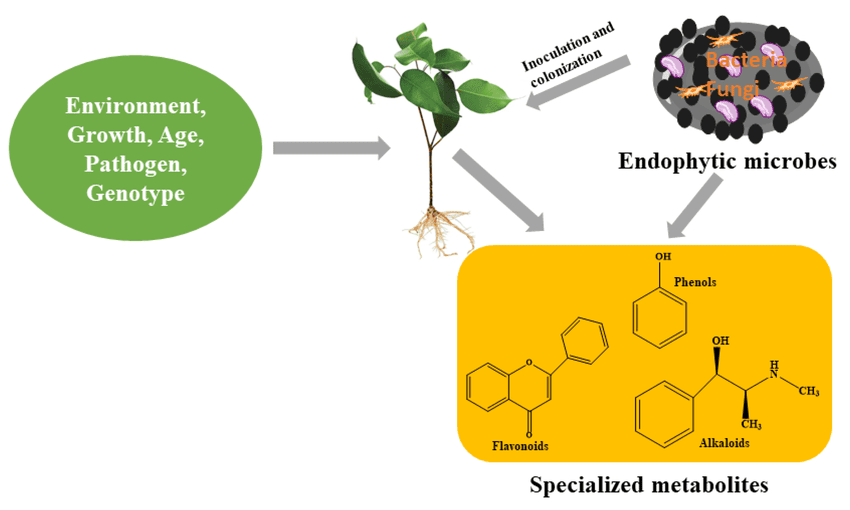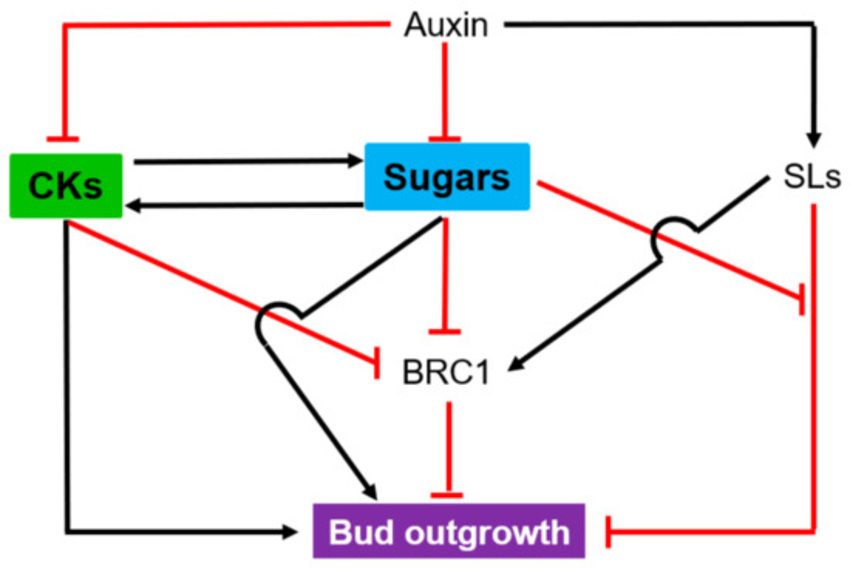
Zoology
Zoology is the branch of biology that studies the animal kingdom, including the structure, embryology, evolution, classification, habits, and distribution of all animals, both living and extinct, and how they interact with their ecosystems.
The history of zoology traces the study of the animal kingdom from ancient to modern times. Although the concept of zoology as a single coherent field arose much later, the zoological sciences emerged from natural history reaching back to the biological works of Aristotle and Galen in the ancient Greco-Roman world. This ancient work was further developed in the Middle Ages by Muslim physicians and scholars such as Albertus Magnus. During the Renaissance and early modern period, zoological thought was revolutionized in Europe by a renewed interest in empiricism and the discovery of many novel organisms. Prominent in this movement were Vesalius and William Harvey, who used experimentation and careful observation in physiology, and naturalists such as Carl Linnaeus, Jean-Baptiste Lamarck, and Buffon who began to classify the diversity of life and the fossil record, as well as the development and behavior of organisms. Microscopy revealed the previously unknown world of microorganisms, laying the groundwork for cell theory. The growing importance of natural theology, partly a response to the rise of mechanical philosophy, encouraged the growth of natural history (although it entrenched the argument from design).
These developments, as well as the results from embryology and paleontology, were synthesized in Charles Darwin's theory of evolution by natural selection. In 1859, Darwin placed the theory of organic evolution on a new footing, by his discovery of a process by which organic evolution can occur, and provided observational evidence that it had done so.
Darwin gave a new direction to morphology and physiology, by uniting them in a common biological theory: the theory of organic evolution. The result was a reconstruction of the classification of animals upon a genealogical basis, fresh investigation of the development of animals, and early attempts to determine their genetic relationships. The end of the 19th century saw the fall of spontaneous generation and the rise of the germ theory of disease, though the mechanism of inheritance remained a mystery. In the early 20th century, the rediscovery of Mendel's work led to the rapid development of genetics, and by the 1930s the combination of population genetics and natural selection in the modern synthesis created evolutionary biology.
- Morphology
- Biochemistry
- Physiology
- Immunology
- Cell and Molecular Biology
- Embryology
- Biotechnology
- Genomics
- Genetics Evolution
- Ecology
- Biosystematics
- Structure
- and Functions of Invertebrates
- Tools and Techniques in Biology
- Animal Physiology and Ethology
- Genetics and Evolution
- Structure and Function of Vertebrates
- Environmental Biology
- Biology of Parasitism
- Chronobiology
- Proteins- Structure
- Functions
- and Evolution
- Structure and Function of Genes
- Animal Behaviour
- Genetics
- embryology
- paleobiology
- Epigenetics
- environmental physiology
- Animal husbandry – behaviour- enrichment
- Conservation – ecology- biodiversity
- Freshwater biology
- marine biology
- Entomology
- Ornithology
- Herpetology
- parasitology
Recent Published
Submit Manuscript
To give your manuscript the best chance of publication, follow these policies and formatting guidelines.


